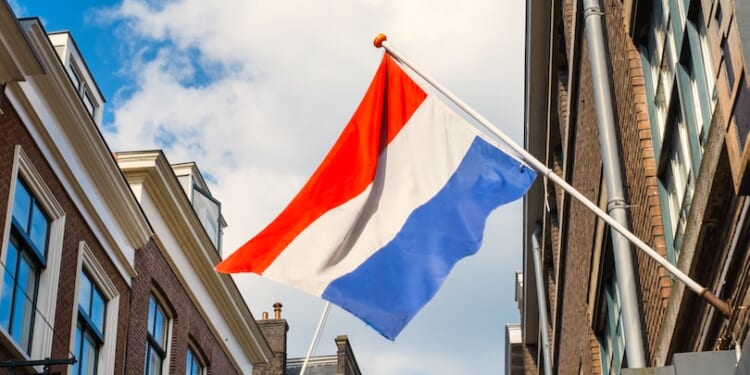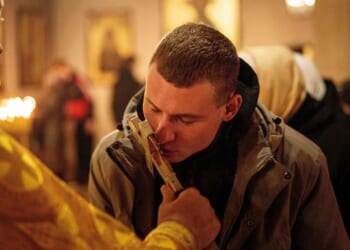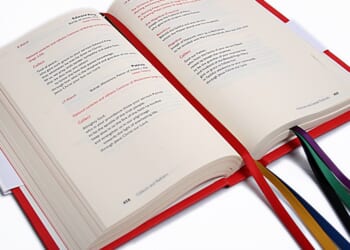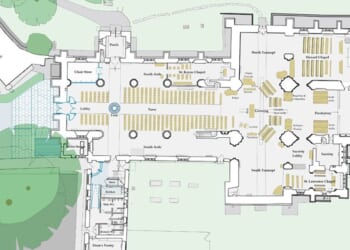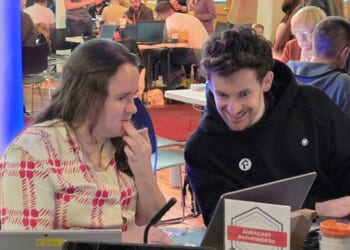AMSTERDAM (LifeSiteNews) — On September 23, the Dutch parliament rejected a resolution that would have declared abortion to be a “human right.”
According to Christian Network Europe News, the “private members’ motion asked the government to advocate with a ‘leading group of like-minded countries’ to enshrine the right to abortion in the Charter of Fundamental Rights of the European Union and in the International Covenant on Civil and Political Rights.”
The motion was supported by the government, and a number of parties – including the D66, the Socialist SP, the Liberal VVD, and others – supported it, accounting for 68 of the 150 seats. The Reformatorisch Dagblad reported that the SGP, the Reformed political party, prepared a counter-motion along with the Christian Union and Forum for Democracy parties requesting that the government oppose EU efforts to include abortion as a “human right” in European treaties, which will be voted on later.
The PVV, SGP, and CU (Christian Union) voted against a motion requesting that “abortion care” be included as “a standard part of the basic emergency assistance” in response to sexual violence; this motion was accepted. SGP and CU put forward a motion “to make reducing the number of abortions an explicit goal of Dutch foreign policy,” and this was rejected by the House. The SGP did, however, achieve a separate success. From CNE News:
The House narrowly accepted an SGP motion on prenatal screenings on Tuesday. The UN Committee on the Rights of Persons with Disabilities expressed concern last year about “the widespread use” of non-invasive prenatal testing in the Netherlands to detect foetal abnormalities, “which may lead to the termination of pregnancies”. The committee stated that this reflects “underlying discriminatory attitudes towards persons with disabilities”.
Based on the committee’s recommendations, the motion asked the government to consider what actions could be taken to counter “the potentially stigmatising effect” of prenatal screenings. There were 76 votes for this resolution.
In the lead-up to the successful defeat of the motion to declare abortion a fundamental human right, the Dutch Centre for Bio-Ethical Reform (DCBR) handed out pro-life pamphlets outside the parliament buildings, where they stood with abortion victim photography signs.
“Leading up to the moment when Parliament would vote on the motion to make abortion a human right, we individually mailed all parliamentarians a neutral outline of abortion procedures, including screenshots from the Live Action abortion procedure videos, to give them an insight into what they would be voting for or against,” said DCBR’s Irmgard Averesch. “Chris Stoffer of the SGP and Gideon van Meijeren of the FvD both made strong cases for life, focusing on the humanity of the unborn and the gravity of abortion. Both showed compassion for difficult circumstances, while pointing out that there are two lives involved in abortion—one of them being the unborn child. Van Meijeren was even able to show abortion victim photography.”
The result comes as a relief for pro-lifers. “We are grateful to God that, whether our work or that of different prolife organizations had influence in the decision, that it was voted out,” Averesch said. “However, it was a close call, and we should not be sitting back and relax now. There is a lot of work to be done since the pro-choice voice is getting louder again.”
There has been a push by abortion activists across Europe to enshrine abortion as a human right both at the national and the continental level; France has already done so, and the UK House of Commons recently decriminalized abortion up until birth. In the Netherlands, for the time being, these efforts have failed – and a Dutch court also overturned a ban on pro-lifers speaking to women entering abortion clinics earlier this month.

